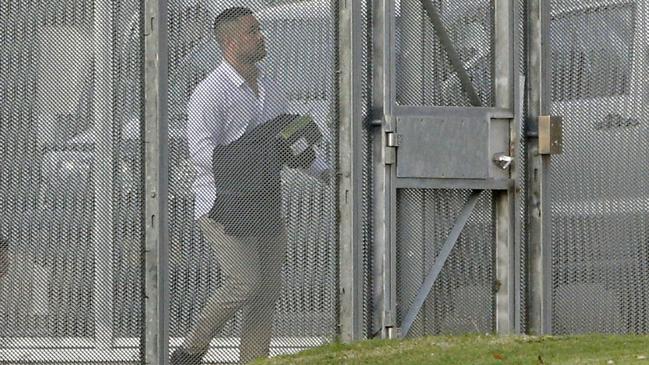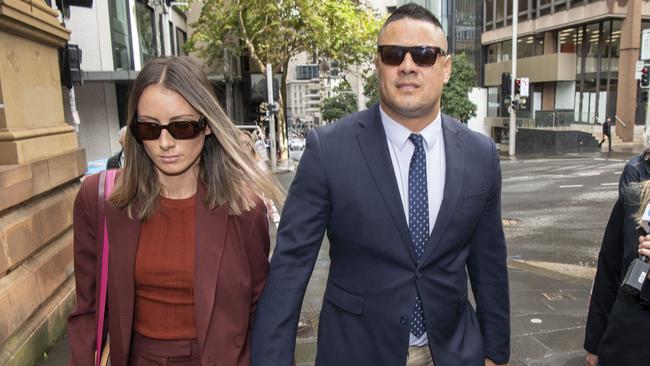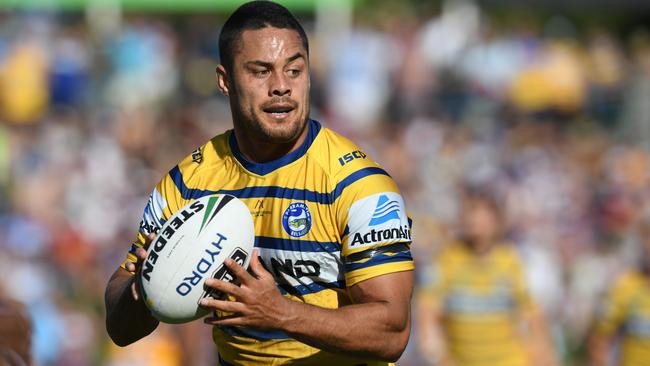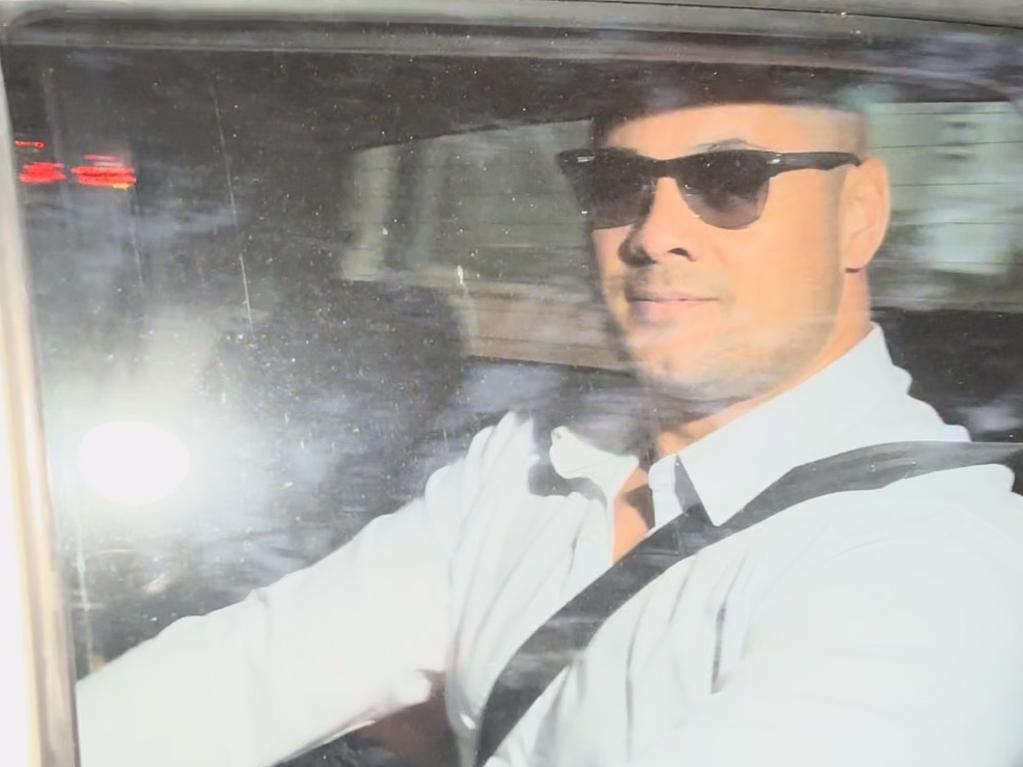We demand justice, but would a fourth Jarryd Hayne trial be fair?

We must ask these questions in the wake of the NSW Court of Criminal Appeal decision this week to quash the convictions on sexual assault charges of former NRL star Jarryd Hayne.
Hayne originally was charged with four counts of sexual assault. These related to an incident in Newcastle in 2018 in which Hayne travelled to the victim’s house and engaged in sexual acts with her. The charges centred on the issue of consent.
Hayne first faced trial in 2020, when the jury was discharged after failing to reach a verdict.
He faced a second trial the following year, when a jury found him guilty of two counts of sexual assault, and he was sentenced to more than five years’ jail.
Hayne successfully challenged this verdict in the Court of Criminal Appeal in 2022. Hayne’s lawyers argued that the trial judge’s directions were flawed and crucial evidence of text messages the complainant had sent to others should have been admitted into evidence.
Last year, Hayne faced a third trial on the same charges and was found guilty by a jury. It was this finding that was the subject of the appeal decision this week.
In a 2-1 decision the appeal court found that Hayne’s legal team successfully argued two of the three appeal grounds.
They were successful in arguing that the trial judge erred in determining that the complainant was not able to be compelled to give further evidence about messages relating to the incident during the trail. The second ground was that this decision gave rise to a miscarriage of justice. The ground, arguing that the verdicts of the jury were unreasonable, failed.
With convictions for these matters now quashed, Hayne has been released but faces the prospect of a fourth trial. That will be a decision for the NSW Director of Public Prosecutions.
I teach in the area of miscarriages of justice. In broad terms a miscarriage of justice can be considered a less than optimal outcome of the criminal justice system. Clearly the majority of the NSW Court of Criminal Appeal felt the evidence of the appeal indicated this.
But we are now faced with another potential miscarriage of justice. Is sending someone to a fourth trial for the same matters a less than optimal outcome for the criminal justice system?
The appeal judges gave some insight into this in the judgment. Justice Deborah Sweeney offered this observation in her judgment: “I am of the view that in the circumstances of the history of this matter, to put the applicant on trial for a fourth time would not be in the interests of justice.”

These circumstances include that even if Hayne – who spent almost 14 months in jail – went to trial and was found guilty for a fourth time it is unlikely that he would be sentenced to any further imprisonment. Additionally, criminal trials are costly to defend and this can be oppressive when an individual is facing the resources of the state. Counterbalancing that is the need for the criminal justice system to prosecute and convict offenders.
Justice Stephen Rothman noted “there is good reason for there not to be a fourth trial”.
He also observed “it is unlikely that a new trial will occur before the expiry of the non-parole period and most of that period has already been served”.
The issue of sexual assaults is an emotive one in the wake of the #MeToo movement. Federal Attorney-General Mark Dreyfus has asked the Australian Law Reform Commission to inquire into justice responses to sexual violence. This task is being undertaken to improve the experience of victims and survivors of sexual violence who enter the criminal justice system. Recent data released from the NSW Bureau of Crime Statistics and Research showed only 7 per cent of sexual assaults reported to police resulted in a guilty finding in court.

We have already seen submissions to this inquiry attacking fundamental principles of our criminal justice system. Some of these include reducing the burden of proof from a reasonable doubt to the balance of probabilities. There also have been calls to remove the right to silence from offenders charged with sexual assault matters. Such fundamental protections in our criminal justice system should be immutable and calls to change them are a dangerous challenge to ensuring a fair trial for an accused.
As a father of an 18-year-old daughter, I want her to be protected from the scourge of sexual violence. But as a former police officer and criminal justice expert, I want to ensure that our system of justice is fair and reasonable to both victim and accused. Such outcomes should not be treated as being mutually exclusive.
The Hayne matter now highlights the problem we face as a society when dealing with alleged sexual assaults. With what price does such justice come?
Terry Goldsworthy is associate professor of criminal justice at Bond University and a former Queensland detective inspector.






What price are we prepared to pay for the pursuit of justice? When does a prosecution become a persecution?